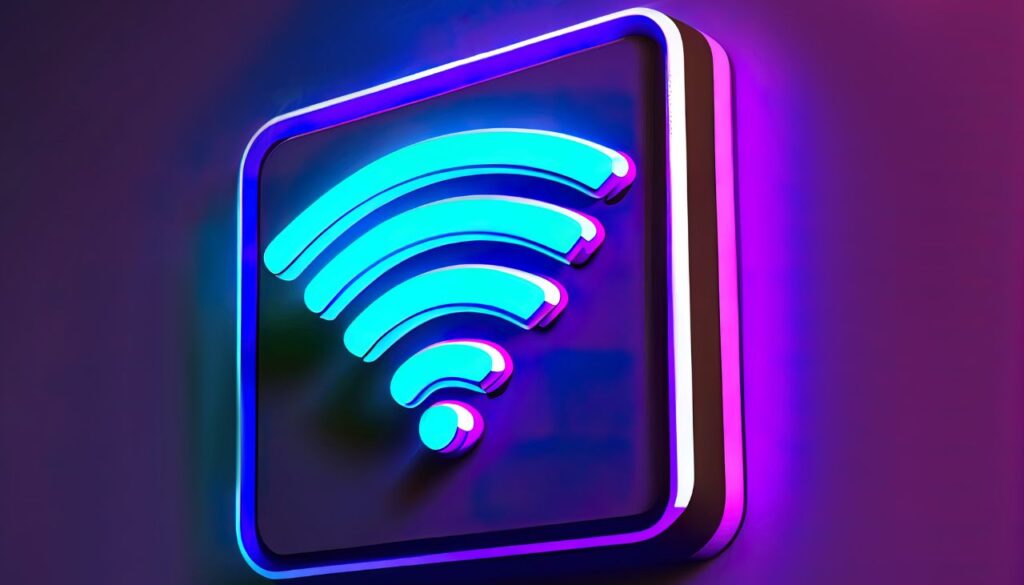Two authentication bypass vulnerabilities were uncovered in open-source Wi-Fi software utilized across Android, Linux, and ChromeOS devices. These vulnerabilities, identified as CVE-2023-52160 and CVE-2023-52161, present a concerning scenario where users could unwittingly connect to malicious networks or allow unauthorized access to trusted networks without requiring a password.
The discovery came to light during a comprehensive security evaluation of wpa_supplicant and Intel’s iNet Wireless Daemon (IWD), shedding light on potential weaknesses within widely deployed Wi-Fi protocols. The ramifications of these flaws, as highlighted by researchers, extend beyond mere inconvenience, posing significant risks to user privacy and network security.

CVE-2023-52160 and CVE-2023-52161 Overview
The inherent nature of the CVE-2023-52160 and CVE-2023-52161 flaws enables attackers to employ deceptive tactics, tricking unsuspecting victims into connecting to malicious clones of trusted networks. Once connected, the attackers can intercept sensitive user traffic, potentially compromising confidential information and exposing users to various forms of exploitation.
Moreover, the vulnerabilities allow attackers to infiltrate otherwise secure networks without the need for authentication credentials, effectively bypassing established security measures. This loophole grants malicious actors unprecedented access to network resources, presenting a grave threat to both individuals and organizations reliant on secure Wi-Fi connections.
Top10VPN, in collaboration with renowned cybersecurity expert Mathy Vanhoef, underscored the severity of the CVE-2023-52160 and CVE-2023-52161 vulnerabilities, drawing parallels to previous Wi-Fi attacks such as KRACK, DragonBlood, and TunnelCrack. The joint research effort serves as a stark reminder of the persistent challenges posed by evolving cybersecurity threats and the imperative for proactive measures to safeguard digital ecosystems.
In response to these findings, it is imperative for affected vendors and developers to expedite the deployment of patches and updates to rectify the identified vulnerabilities. In addition, end-users are advised to exercise caution when connecting to Wi-Fi networks, particularly in public or unfamiliar settings, and to prioritize the use of secure, encrypted connections where available.


